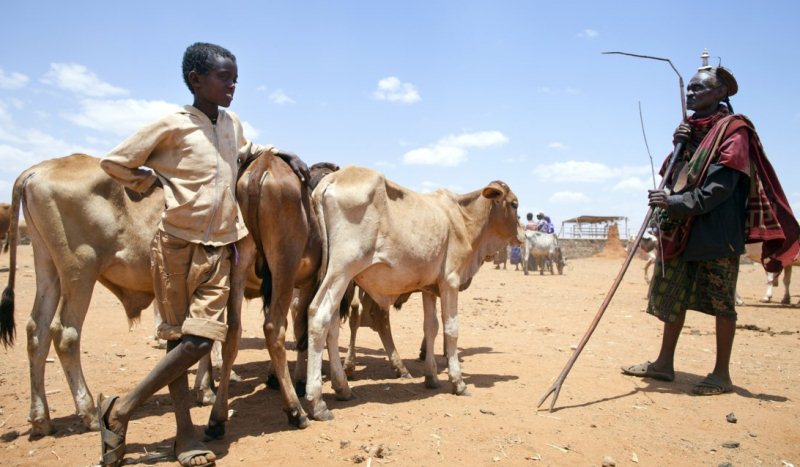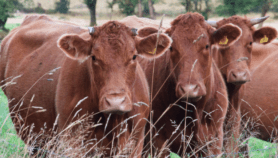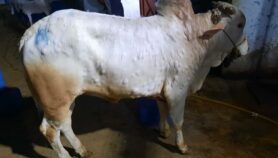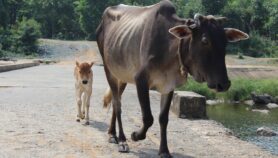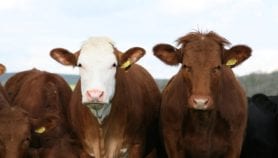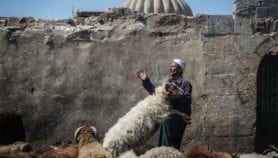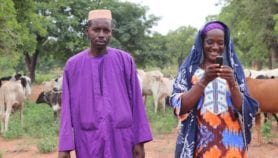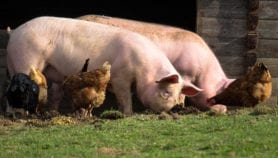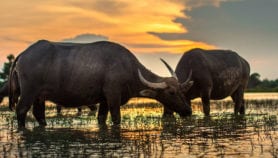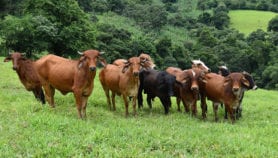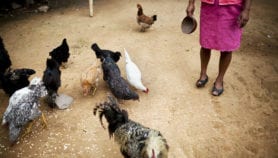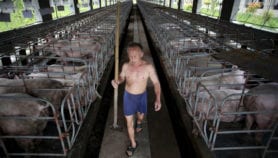Send to a friend
The details you provide on this page will not be used to send unsolicited email, and will not be sold to a 3rd party. See privacy policy.
A hub aimed at helping nomadic livestock keepers share information and unite to better defend their cause in global policy talks is up and running.
There are hundreds of millions of pastoralists worldwide, managing ranges covering a third of the earth’s land, according to the UN’s Food and Agriculture Organization (FAO), which launched the Pastoralist Knowledge Hub last month (27 April).
But despite their numbers, pastoralists struggle voicing their concerns and wishes politically, because of their mobile livelihoods and the complexity of economic and environmental systems they manage, says Irene Hoffmann, FAO chief of animal genetic resources, who helps run the hub.
The hub provides tools to connect pastoralists both on and offline. It consists of an online literature database, seven regional networks of pastoralists and four thematic working groups that will organise meetings where pastoralists can discuss issues related to food sovereignty, the environment, pastoralist culture and organisation.
The website is freely accessible to everyone, while the networks and working groups are open to any pastoralist group that asks to join.
Although scientists are not the primary target of the hub, Hoffmann says researchers are welcome to contribute and several have already shown an interest.
This could be useful given that that there is a lot of anecdotal evidence and not much hard science on how pastoralists contribute to ecosystem services, she adds.
For example, traditional grazing practices are thought to help sequester soil carbon and maintain biodiversity.
Pastoralists in some parts of the world, such as the Maasai in East Africa, have been the subject of extensive research, in anthropology for instance. But other communities are under-researched, Hoffmann says, and the hub could help share knowledge about groups in different parts of the world.
By getting involved in the hub, academics may learn what the true issues in the field are, says Evelyn Mathias, a consultant on sustainable livestock development in Kürten, Germany. The online repository should also include so-called “grey literature”, Mathias suggests: project reports or newsletters from non-governmental organisations often contain useful information but are not cited in peer-reviewed journals, she says.
Ibra Touré, a researcher at a branch of Cirad, the agricultural research centre in Ouagadougou, Burkina Faso, says he is interested in using this tool for his own work on web mapping for the management of pastoral resources in the Sahel.To be as useful as possible, the hub could launch and moderate debates on specific topics, then produce reports summing up the discussions, Touré proposes. It should also find appropriate ways to reach pastoralist groups on the ground, for instance through radio programmes, he says.
The platform could enable him to connect to a greater number of pastoralist groups, collect more reliable data from them, and adjust his research based on their input, Touré adds.
“We try to produce results that are actionable for society,” he says.


